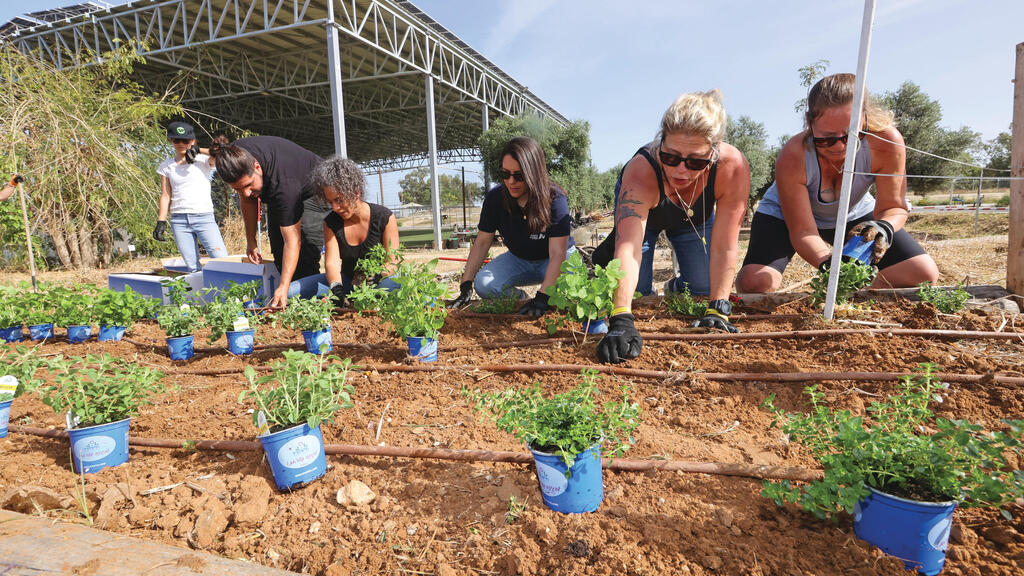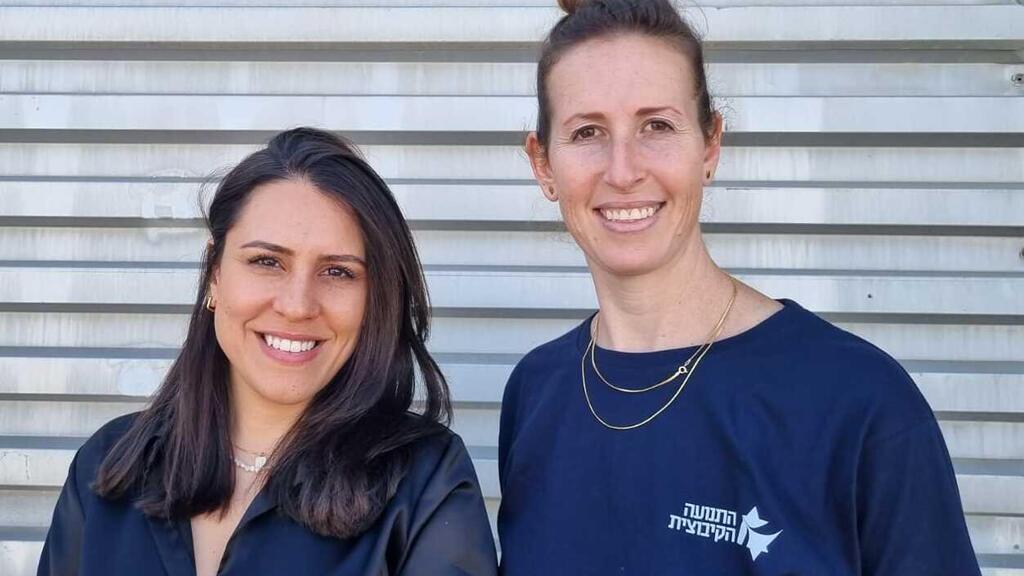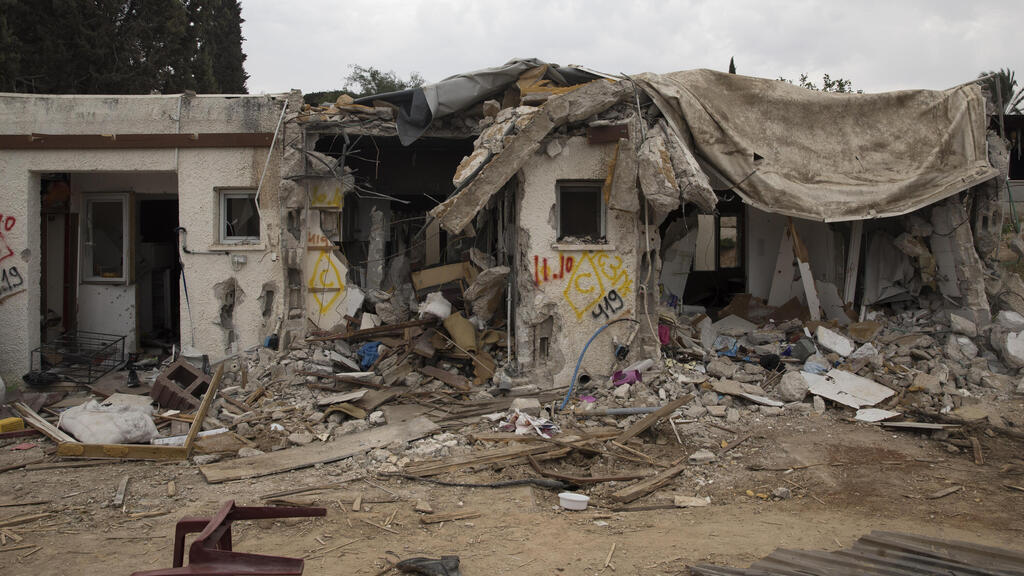Getting your Trinity Audio player ready...
A defining characteristic of farming communities in Israel, whether on the northern border or in the Western Negev Desert is their green color. Vast lawns, gardens with flowers in bloom and trees create the sense of living among nature.
After many of those communities were evacuated at the start of the war, the gardens were abandoned and that was unacceptable for many in the Kibbutz movement.
They established an initiative to bring gardens back but that was only part of the mission that these volunteers took upon themselves, when they headed south to rehabilitate the communities in the Negev.
Seniors living in Kibbutz Beit Hashita, moved south to live in Kfar Aza, devastated by the Hamas massacre, and rebuild their gardens. "When others heard what they were doing, they too wanted to participate," said Rotem Shcinitzky and Shir Goren, who organized the initiative.
"We are contacted by members of kibbutz charged with gardening, who tell us what requirements are from volunteers, the Kibbutz movement then coordinates between the communities in need and those wishing to help, and we make sure it all works out," they said. In some of the communities, people who were evacuated, ask for their private gardens to be tended to while others tend to larger community gardens. They take care of things from watering the plants, to mowing the lawn."
Most of the work is physical and often requires long hours in the hot sun. Some of the volunteers are young people just out of the military service who work alongside pensioners. Some are professional gardeners while others come from field agriculture.
"We cannot take for granted the fact that people are volunteering wholeheartedly, and many ask to return after their work is done. This is a success in our book," Shir said.
Some 100 people have thus far volunteerd to rehabilitate the gardens of Kfar Aza, Beeri, Nir Oz, Nirim, Reim and other communities who were victims of the Hamas massacre. Others have headed north where communities there too were evacuated.
Since October 7 we've seen Israeli society come out in strength to offer help. Now seven months since that horrible day, it is moving to see that this volunteering spirit remains. Many tell us that this is their commitment. They feel the duty to help and back communities that have been through hell and continue to live with uncertainty," They said.





